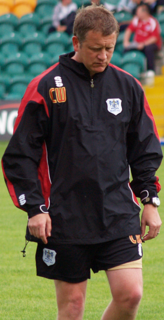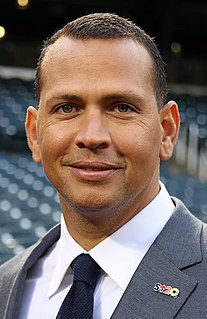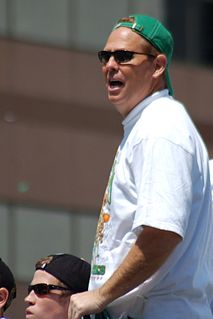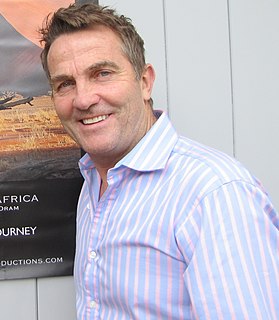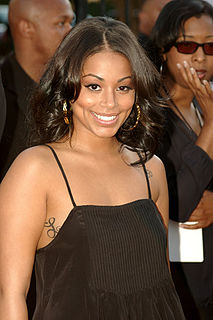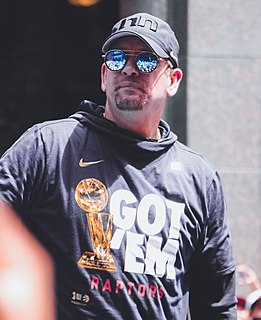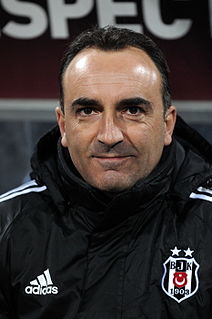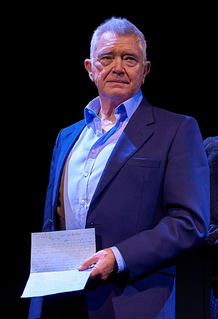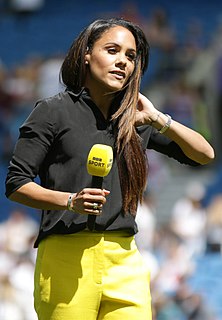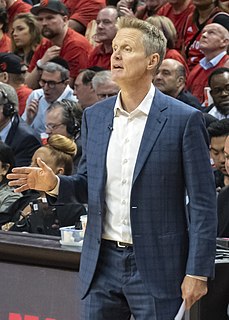A Quote by Chris Wilder
My first job was at Alfreton Town and the chairman backed the club. He wanted to win so it made the job easier. I then went to Halifax, where I turned up and there was no balls, no training ground, no players. I had the other side of it.
Related Quotes
I truly believe my job starts the minute I leave the baseball field. Going out and catching ground balls and hitting, that's a job, and that's what I've wanted to do ever since I was a kid. But when you think about leaving that field, that's when the job and the demands really start. In New York, Seattle, every city. The community, the media, business stuff. You have to stay on a narrow path.
My very first professional job was with a theatre company in 1965 and the first job they gave me was literally shovelling sh*t. I was an assistant stage manager and they told me to clear out the prop store. I opened it up and no-one had been in there for 25 years and it was inches deep in rat sh*t. So before I could get anywhere I had to clear it up. I thought, 'All these years of training, the best drama school in the world, and this is what I'm doing.'
Well, it speaks to the character of the players more than anything. Bob Myers and his staff have done an incredible job of putting together this roster. I was well aware of the versatility that the roster had, but as I got to know the players I realized they had what it took spiritually, emotionally. They were united. They wanted to win. They were close.
